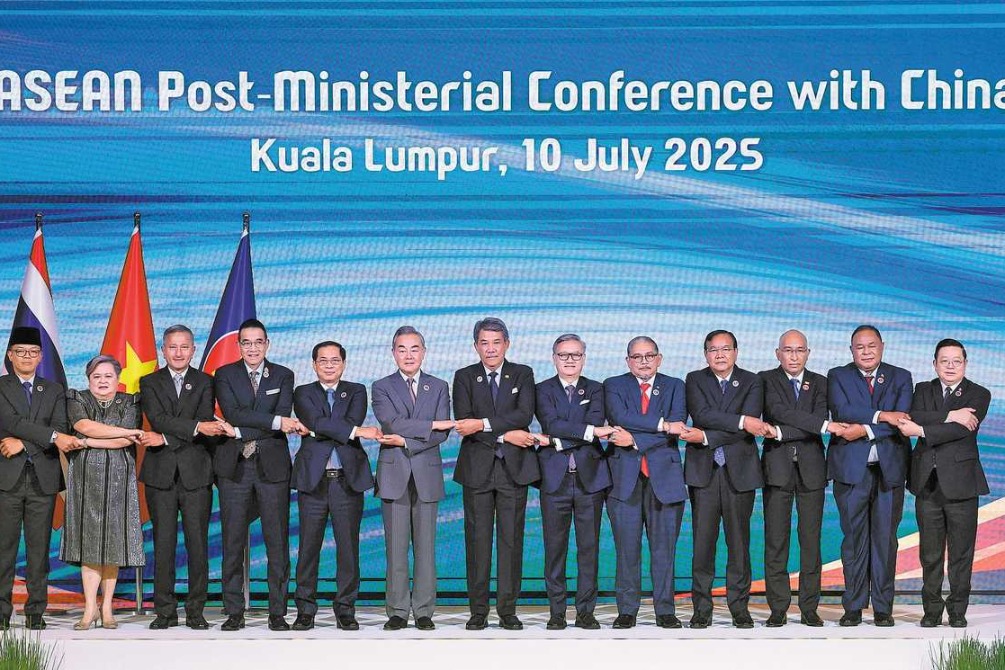Calls grow for developed countries to provide more green finance


During the Conference of Parties in Copenhagen, Denmark, in 2009, wealthy countries, which are responsible for emitting the bulk of the greenhouse gases that are heating up the planet, pledged $100 billion a year by 2020 to help developing countries tackle the problem.
Twelve years later that commitment is yet to be met. The issue has been a simmering point of contention in United Nations climate talks for some years now, and has received renewed attention in the climate talks of the COP 26 climate summit, now on in Glasgow, Scotland.
"The principle of common but differentiated responsibilities should guide all collaboration on environmental and climate matters," said Jorge Chediek, the UN secretary-general's former envoy on South-South cooperation.
"The developed countries that profited the most from the prevailing unsustainable development patterns should provide the bulk of the resources and technological inputs to address these issues, and also make significant commitments in terms of changing their own policy frameworks.
"The leadership of China, as the largest developing country and as a member of the G77+China, is essential for this dialogue to succeed, and also to get the developed countries to finally contribute their fair share."
Despite repeated pledges, rich countries have yet to make good on the $100 billion a year promise. Climate finance provided by developed countries totaled $79.6 billion in 2019, more than $20 billion short of the commitment. Reports indicated that the $100 billion target will not be met until 2023.
The failure of developed countries to fulfill their financial commitment sparked anger from developing countries as the COP 26 began in Glasgow a week ago. Leaders of developing countries argued that rich countries, which built their economies through industrialization, are to blame for global warming.
"Africa is suffering the worst consequences from this phenomenon, economically, socially and politically," Bloomberg quoted Egypt's President Abdel-Fattah Al-Sisi as saying.
Other countries, including Gabon, Honduras, India, Jamaica, Libya and the Maldives, made similar appeals last week. Some said the failure to honor promises eroded trust between developed and developing countries. The Alliance of Small Island States said in a statement that "the impact this has had on trust cannot be underestimated".
'Not enough'
"Developed countries are not doing enough to support developing nations in their transition to clean energy or their struggles to adapt to climate change," said Ethan Elkind, director of the climate program in the Center for Law, Energy & the Environment at the University of California, Berkeley.
"The extreme weather exacerbated by climate change is increasingly the result of historic and present fossil fuel emissions, which has been overwhelmingly caused by just a few industrialized countries. It's unjust that developing nations now have to bear the brunt of the resulting flooding, droughts, sea level rise and more intense storms, among other climate impacts, when they have the fewest resources to protect themselves and their residents."
Developing countries need money for things such as building sea walls and moving residents to safe areas in extreme weather, as well as technologies to deal with droughts, he said. Other possible investment included "a modernized, clean electricity grid" that would help them reduce carbon emissions.
The biggest challenge for developed countries in meeting these financial commitments is "really political", Elkind said.
"The key is to find a sweet spot where foreign aid can also bolster each countries' ties to each other, in ways to further promote their national security or economic development through trade."































